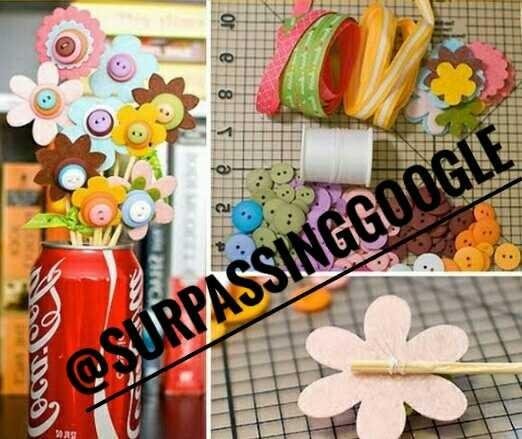Creativity in everyday life special story for teacher @surpassinggoogle

In everyday life parents can give creative examples to children. For example, when you walk home from school, you find a man sitting on a street corner selling rice boxes. Encourage children to see conditions from a different perspective, namely how to sell food on the street is one solution to get money.

We often see garbage workers, carrying heavy carts using the principle of horse pulling weights, so that the load can become lighter. By using his imagination and using the existing principles, the garbage can find solutions in his work.

Or a group of children who have the idea to create a new type of pen. The first attempt is made by filling a straw with ink covered with cloth on one side. This effort was not successful because the diameter of the straw was too small, then they tried using a larger hose. It looks better, but it turns out the ink runs out quickly. They did not despair, they finally found a way to close both ends of the hose with a cloth. They named this new lipstick pen pen.
Characteristics Things parents can do
Be aware that he is creative. Never say "I'm not creative".
Share stories with your child about the problems you face and how you deal with them.
When your child has a problem, tell him "Mama believes we can overcome this problem, we just need to think."
Open minded for new ideas and rejects premature judgment. Listen to your child before making any comments.
When the child gives an idea, give a positive comment first before criticizing it.
Always curious to find the right solution. When thinking of a solution, encourage and help the child to think of at least two alternative solutions, then ask which solution is preferred. Or ask, "What ideas do you have?"
Dare to take risks in trying something new. When the child hesitates, say to him, "You will never know if you don't try."
If the child tries an idea but does not succeed as expected, ask, "What can you learn from this? At least we already know what we should not do next time."
Not afraid of difficult problems and do not have a definite answer Understand that open-ended problems are problems that do not have one correct answer.
Give the child every day an open ended problem, for example we don't have water to cook rice today, what should we do?
Original, think something new and unusual. When playing a game, tell the child "Let's think of a game we have never done."
When thinking of ideas for projects at school, tell the child "Let's think about something that no one else has ever thought about. We make something interesting and different from others."
Independent is to believe in his thoughts. Avoid your child's steriotype (for example, what a boy or girl has to do).
Build your child's confidence.
Being able to motivate yourself Give your child a variety of different experiences to help him find what he likes and does not like.
Identify children's interests and help them develop these interests.
Think "What if ...", "How else to ...?", "Why ...?" Play "What if?" With your child. Take turns asking "What if ...?, Then together imagine and describe the situation in the" what if? "Question.
At night, tell your child about what you want to know during the day. Then ask the child to share also what he wants to know that day.